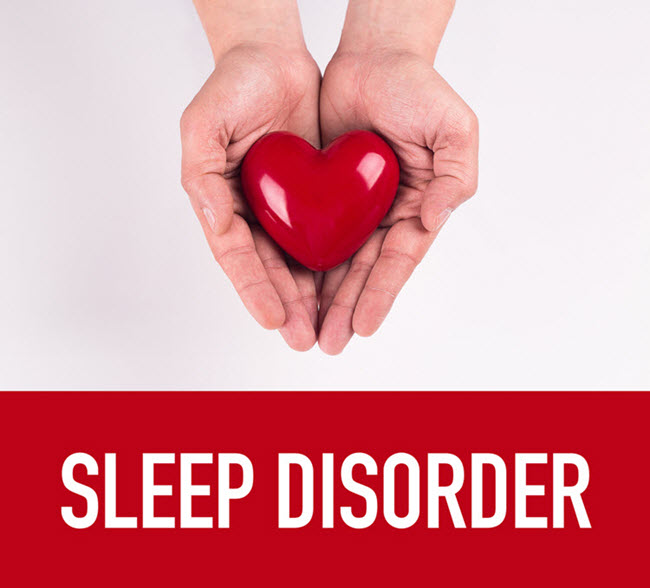Sleep studies, CPAP’s and other technology for sleep APNEA have come a long way.
After my father’s heart attack in 2005, would the use of a Continuous Positive Airway Pressure (CPAP) sleeping device have prolonged his life? Possibly. (Jump to Lessons Learned)
Dad underwent a sleep study in a lab after his initial heart attack. The study showed he was waking up many times during the night. To help his breathing, a CPAP was recommended but he never followed through with the use of the it. After his hospitalization in 2014, he did another sleep study at home (more in lessons learned) that showed the sleep apnea had worsened from moderate to severe so he started to use a CPAP.
Would using a CPAP have helped his atrial fibrillation or minimized additional, smaller heart attacks he was to suffer? Yes, according to the National Sleep Foundation. “The available evidence tells us that when you treat people with sleep apnea using CPAP, their blood pressure is not only lower at night – it’s also lower during the day. Moreover, people with atrial fibrillation (a common type of irregular heart beat)….if their sleep apnea is untreated the change of recurrence goes up to 80%.” (Sleep apnea and heart disease).
But not everyone can use a CPAP.
There have been great strides in research and technology starting with Hypoglossus Nerve Stimulation (HNS), approved by the FDA in 2014. This approach to treatment requires a small device surgically implanted in your chest and you turn it on and off. While you sleep, the device monitors your breathing and stimulates a nerve that keeps the upper airway open.
There is a system Expiratory Positive Airway Pressure (EPAP) that uses disposable adhesive valves place over your nose while you sleep. Like all other sleep apnea technology it helps the airway to remain unobstructed.
And there are oral appliances which look like a mouth guards and can be fitted by dentists who are trained in sleep medicine. While you sleep, it moves the tongue and lower jaw forward and upward to increase the size of the upper airway and help you breath.
Here are additional sleep apnea therapies and recommendations that you can read:
The Latest Treatments for Obstructive Sleep Apnea
Sleep Apnea Treatment Options
Lessons Learned:
- Sleep studies no longer have to be done in sleep centers. Dad’s study in 2005 required him to spend the night at a sleep lab with electrodes and wires connected to his body. His second sleep study was done at home using a portable device that fit his wrist like a watch and connected to his fingertip. The next day I brought the machine back to his doctor for a read of the output. We followed up with a consultation several days later.
- Medicare will pay for sleep testing both in a lab and at home. At-home sleep tests cost less than a fifth, of a test done in a lab and. And at-home sleep testing is considered effective for most patients. (The cost of sleep apnea testing)
- A CPAP (sometimes called PAP) machine is considered durable medical equipment (DME), which means it may be subject to a new tax under the Affordable Care Act. Patients with Medicare are able to test PAP machines for three months, and if the results are shown to be beneficial, rent it for a period of thirteen (13) months prior to owning it.
- Like the CPAP, Medicare provides reimbursement for oral appliances for those 65 or older under the durable medical equipment (DME) benefit. Check to see if your dentist is enrolled as Medicare DME Supplier for oral appliance therapy for obstructive sleep apnea.
- Talk to your insurance company on how they handle PAP reimbursement for any sleep apnea procedures or equipment. For example, many insurance companies are requiring proof of compliance in PAP use before they will pay for on-going device rental, purchase or additional replacement supplies go to: The Affordable Care Act and Sleep testing. In addition, oral appliances are generally covered under your health insurance plan, not your dental plan, so check with your health insurance prior to treatment.
Note: Medicare rules are complex and can change. Be sure to research your particular need and discuss your situation with your doctor and Medicare.
Disclaimer: The material in this blog is for educational purposes only. It is not intended to replace, nor does it replace, consulting with a physician, lawyer, accountant, financial planner or other qualified professional.

